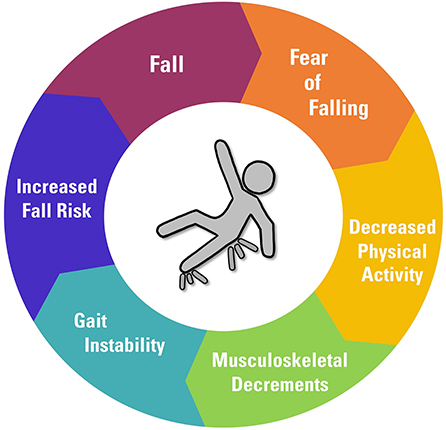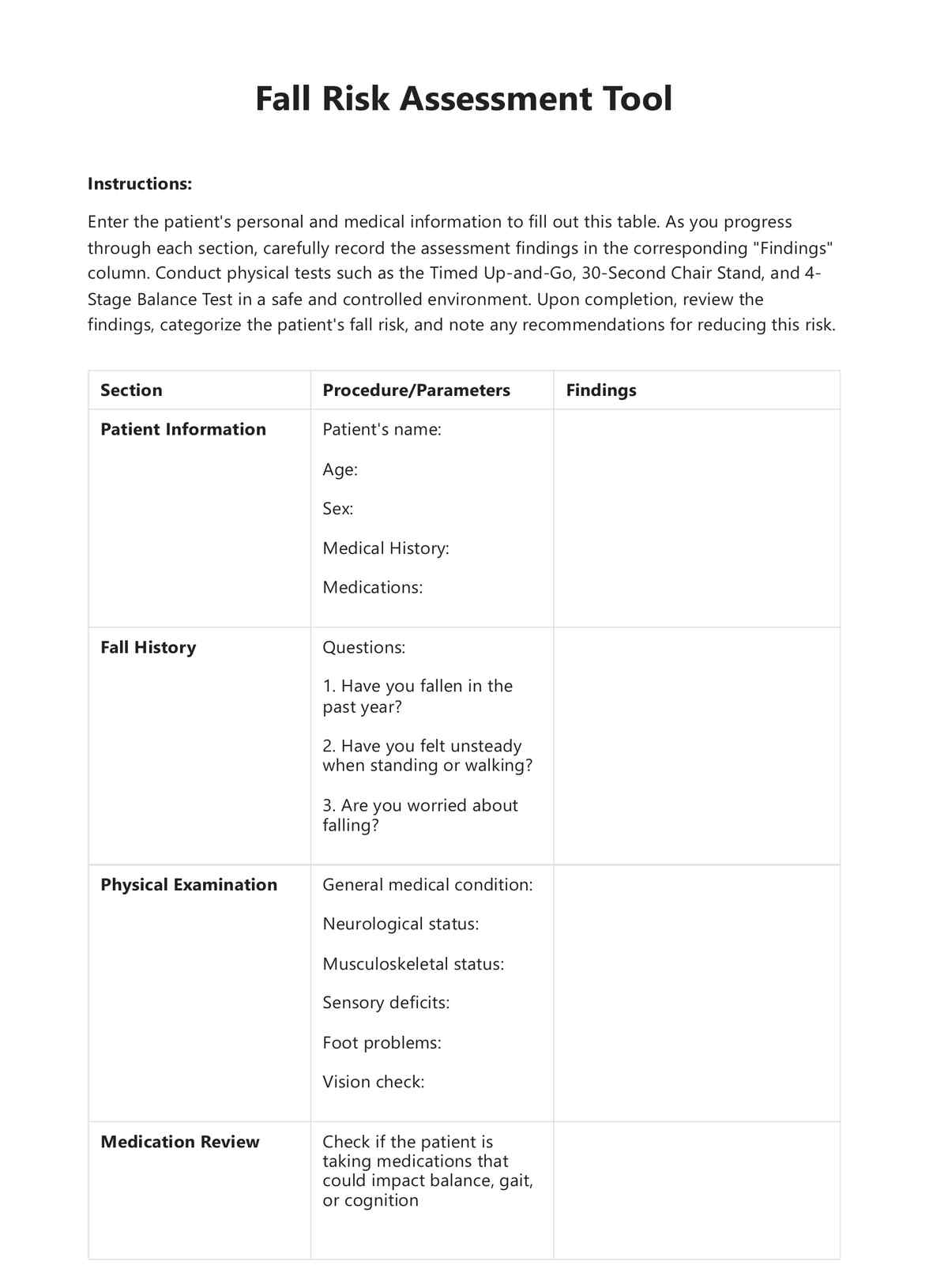All About Dementia Fall Risk
All About Dementia Fall Risk
Blog Article
Some Known Facts About Dementia Fall Risk.
Table of ContentsThe Greatest Guide To Dementia Fall RiskThe Single Strategy To Use For Dementia Fall RiskDementia Fall Risk Can Be Fun For AnyoneThe smart Trick of Dementia Fall Risk That Nobody is Discussing
A loss risk evaluation checks to see how likely it is that you will certainly fall. The evaluation generally consists of: This includes a collection of concerns concerning your total health and wellness and if you have actually had previous drops or problems with equilibrium, standing, and/or walking.Treatments are suggestions that may minimize your risk of dropping. STEADI includes three steps: you for your risk of falling for your risk variables that can be improved to try to protect against falls (for example, equilibrium problems, damaged vision) to lower your threat of falling by utilizing effective approaches (for example, providing education and resources), you may be asked numerous inquiries including: Have you fallen in the previous year? Are you worried concerning dropping?
You'll sit down once more. Your copyright will certainly examine exactly how lengthy it takes you to do this. If it takes you 12 seconds or more, it may indicate you go to greater risk for a fall. This examination checks strength and equilibrium. You'll sit in a chair with your arms crossed over your chest.
Move one foot midway onward, so the instep is touching the huge toe of your other foot. Move one foot totally in front of the other, so the toes are touching the heel of your various other foot.
Rumored Buzz on Dementia Fall Risk
Many falls take place as an outcome of numerous contributing factors; for that reason, managing the risk of falling begins with determining the variables that add to drop risk - Dementia Fall Risk. A few of one of the most relevant danger variables consist of: History of prior fallsChronic clinical conditionsAcute illnessImpaired stride and balance, reduced extremity weaknessCognitive impairmentChanges in visionCertain risky medications and polypharmacyEnvironmental variables can likewise increase the threat for falls, consisting of: Insufficient lightingUneven or harmed flooringWet or slippery floorsMissing or damaged hand rails and get barsDamaged or improperly fitted devices, such as beds, mobility devices, or walkersImproper use of assistive devicesInadequate supervision of individuals living in the NF, including those that show hostile behaviorsA successful loss threat management program needs an extensive medical assessment, with input from all members of the interdisciplinary team

The treatment strategy should additionally include interventions that are system-based, such as those that advertise a safe atmosphere (suitable lighting, hand rails, order bars, etc). The efficiency of the interventions need to be examined periodically, and the care strategy changed as essential to show adjustments in the autumn risk assessment. Implementing a loss risk management system utilizing evidence-based best method can lower the frequency of falls in the NF, while restricting the potential for fall-related injuries.
Dementia Fall Risk Things To Know Before You Get This
The AGS/BGS standard advises evaluating all adults aged 65 years and older for loss threat every year. This screening includes asking people useful reference whether they have actually fallen 2 or even more times in the past year or looked for clinical attention for an autumn, or, if they have not dropped, whether they really feel unstable when strolling.
People that have dropped when without injury ought to have their equilibrium and gait reviewed; those with stride or balance abnormalities ought to get added assessment. A background of 1 loss without injury and without gait or equilibrium issues does not necessitate additional evaluation beyond ongoing annual autumn danger testing. Dementia Fall Risk. An autumn danger assessment is required as component of the Welcome to Medicare evaluation

How Dementia Fall Risk can Save You Time, Stress, and Money.
Documenting a falls background is one of the top quality signs for autumn prevention and administration. copyright medications in particular are independent predictors of drops.
Postural hypotension can typically be alleviated by decreasing the dosage of blood pressurelowering drugs and/or quiting drugs that have orthostatic hypotension as a negative effects. Use of above-the-knee assistance hose and copulating the head of the bed boosted may likewise decrease postural decreases in blood stress. The advisable components of a fall-focused health examination are received Box 1.
-copy-5.jpg)
A yank time higher than or equivalent to 12 secs suggests high loss threat. The 30-Second Chair Stand examination assesses reduced extremity toughness and equilibrium. Being not able to stand from a chair of knee height without utilizing one's arms suggests more info here increased autumn threat. The 4-Stage Equilibrium test analyzes static balance by having the person stand in 4 positions, each gradually more difficult.
Report this page